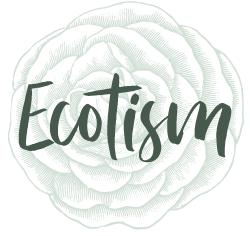Exploring Insightful Sources
Welcome to our curated collection of resources encompassing books, films, documentaries, and various online references. Each entry is a window into the rich tapestry of modern world history and a beacon of hope for the future of humanity. Feel free to explore and delve into these valuable reservoirs of knowledge.
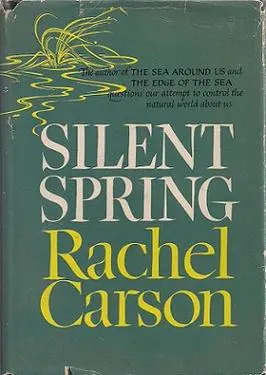
Silent Spring, Rachel Carson (1962)
In 1962 Rachel Carson’s book Silent Spring was published. The book, based on years of scientific research, warned of the negative environmental effects of the overuse of synthetic pesticides, especially DDT. Silent Spring played a pivotal role in the rise of the global environmental movement in the 70s. For more information about this publication, visit Goodreads.
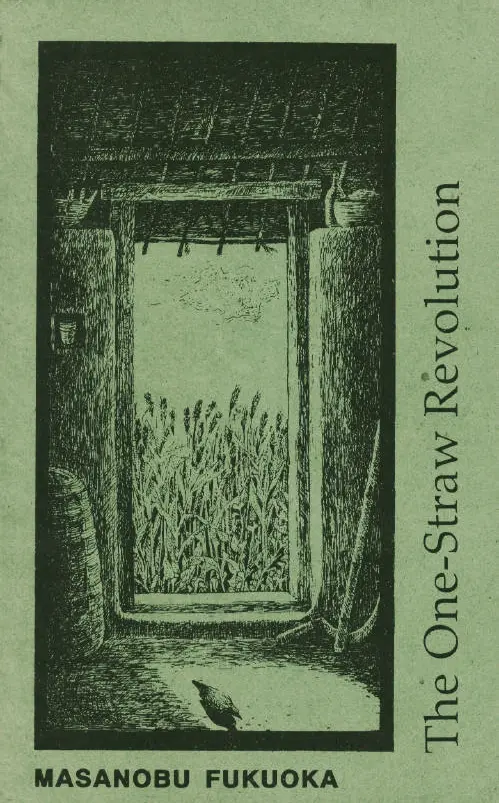
The One-Straw Revolution, Masanobu Fukuoka (1975)
Fukuoka demonstrates how the way we look at farming affects the way we look at health, nature, nutrition, spirituality and life itself. He relates the healing of the land to the process of purifying the human spirit and proposes a way of life and a way of farming in which such healing can take place. Click here to download the free PDF-file.
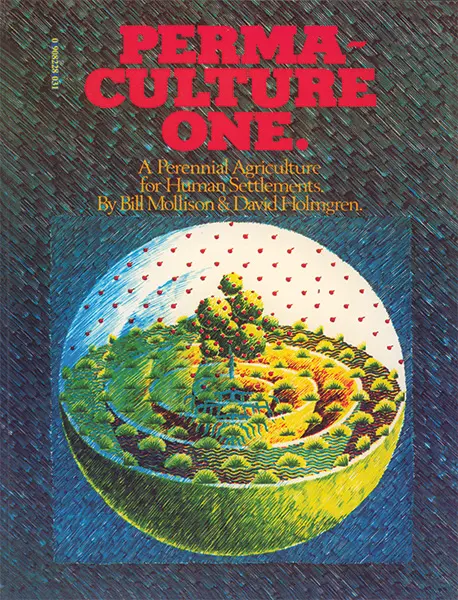
Permaculture One, Bill Mollison & David Holmgren (1978)
The book Permaculture One introduced the world to a holistic approach of designing and maintaining agriculturally productive ecosystems that should be able to mimic the diversity, stability and resilience of natural ecosystems. For more information about this publication, visit Goodreads.
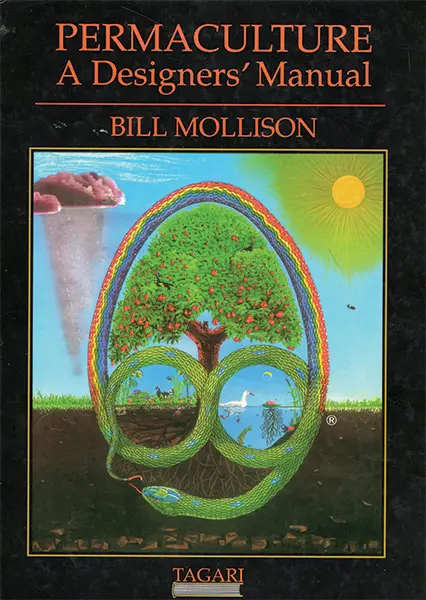
Permaculture: A Designers’ Manual, Bill Mollison (1988)
This is the definitive handbook on Permaculture Design that has been used as the textbook and curriculum for the 72-hour certificate course since 1988. For more information about this publication, visit Goodreads.
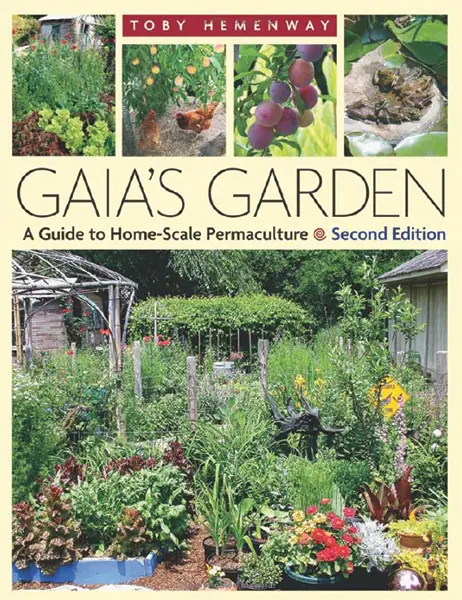
Gaia’s Garden, Toby Hemenway (2001)
Gaia’s Garden is an introduction to ecological and permacultural gardening. It is not an introductory gardening book, but an attempt to explain sustainable techniques and concepts well enough for beginning gardeners to apply them. For more information about this publication, visit Goodreads.
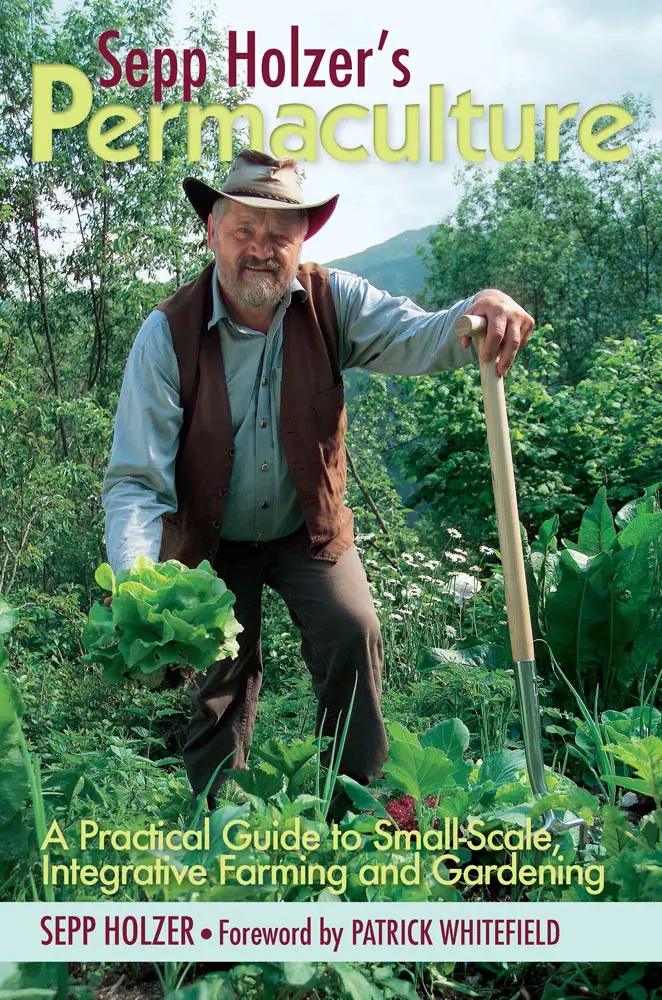
Holzer’s Permaculture, Sepp Holzer (2004)
Sepp Holzer’s Permaculture is a practical guide to small-scale, integrative farming and gardening. In this book, Holzer shares the skills and knowledge he gained over his lifetime farming on steep mountain slopes in Austria at 1,500 metres above sea level. For more information about this publication, visit Goodreads.
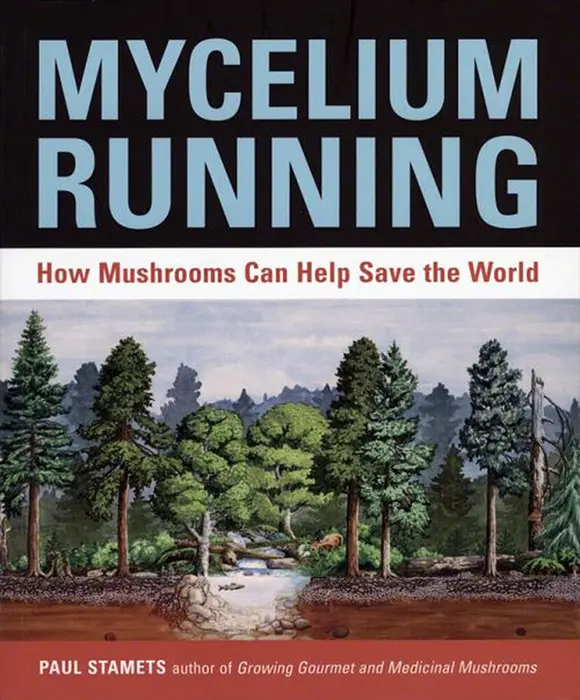
Mycelium Running, Paul Stamets (2005)
Mycelium Running is a mycological guide to saving the planet. That’s right: growing more mushrooms may be the best thing we can do to save the environment, and in this groundbreaking text by mushroom expert Paul Stamets, you’ll discover how. For more information about this publication, visit Goodreads.
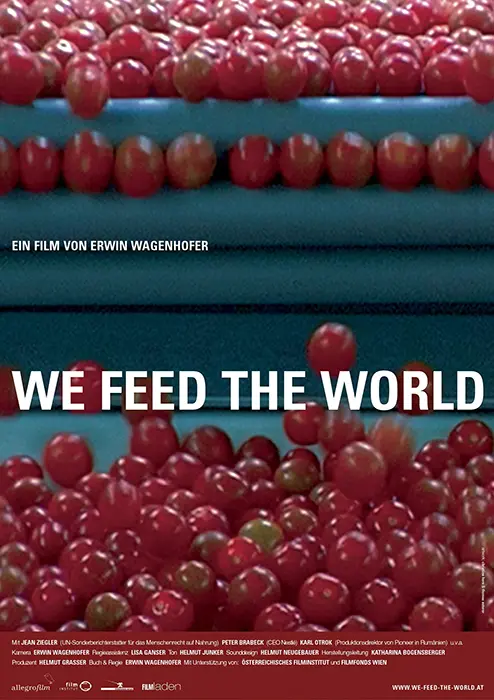
We feed the World, Erwin Wagenhofer (2005)
“WE FEED THE WORLD” unveils the complex interplay of food, globalization, and diverse stakeholders. Through powerful visuals, it exposes the intricacies of food production and its ties to global hunger. The documentary features insights from a range of experts, including key figures from Pioneer, the world’s largest seed producer, and Nestlé International, the largest global food company. More details are available on Allegrofilm’s website.
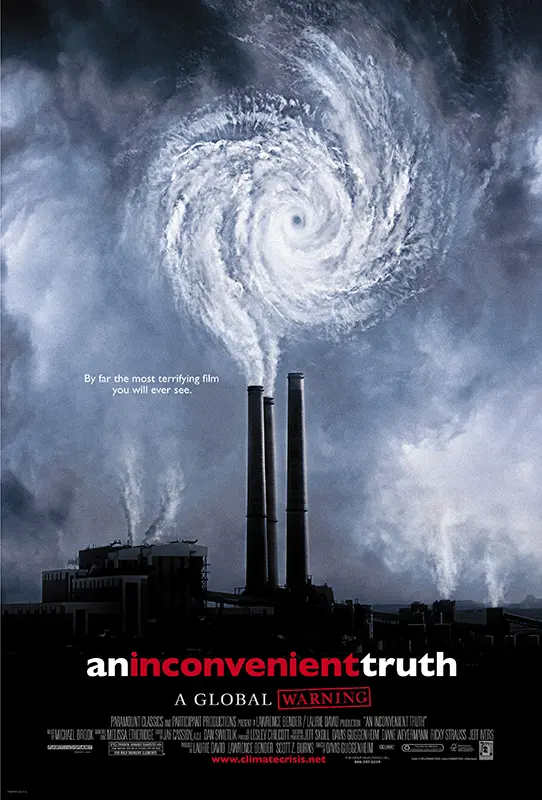
An Inconvenient Truth, Davis Guggenheim and Al Gore (2006)
The documentary film An Inconvenient Truth was inspired by a lecture given more than 1 000 times by US Vice President Al Gore. Using scientific facts, he wanted to make the public aware that man’s destruction of the environment has led to global warming and its disastrous consequences. Visit IMDb for more information about this film.
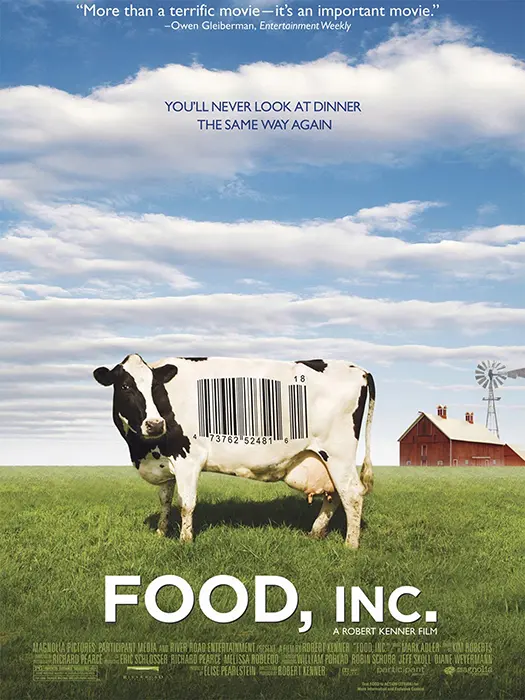
Food, Inc., Robert Kenner (2008)
Food, Inc. is a 2008 American documentary film that examines corporate agriculture in the United States and concludes that agribusiness produces food that is unhealthy in a way that is harmful to the environment and abuses both animals and workers. Visit IMDb for more information about this film.
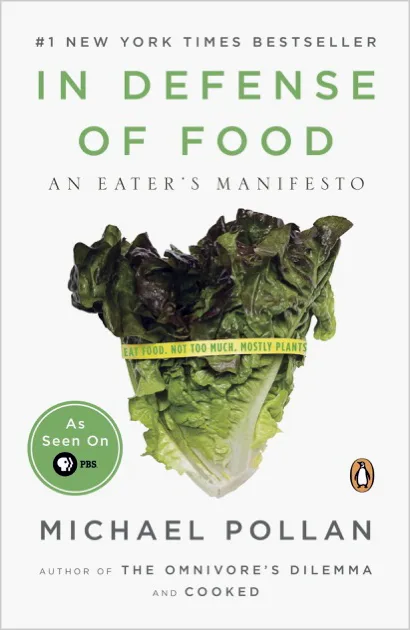
In Defense of Food, Michael Pollan (2008)
Michael Pollan proposes a new (and very old) answer to the question of what we should eat that comes down to seven simple but liberating words: Eat food. Not too much. Mainly plants. In this brilliant book, he urges us all to start eating real food again, that is informed on the traditions and the ecology of real, well-grown, unprocessed food. Read more on Michael Pollan’s website.
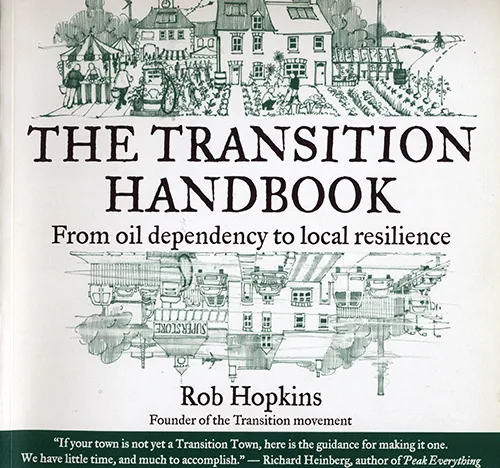
THE TRANSITION HANDBOOK, ROB Hopkins (2008)
With this revolutionary book, Rob Hopkins created a vision of how modern society could evolve from dependence on oil to local resilience, and inspired the launch of the Transition Network. For more information about this publication, visit Goodreads.
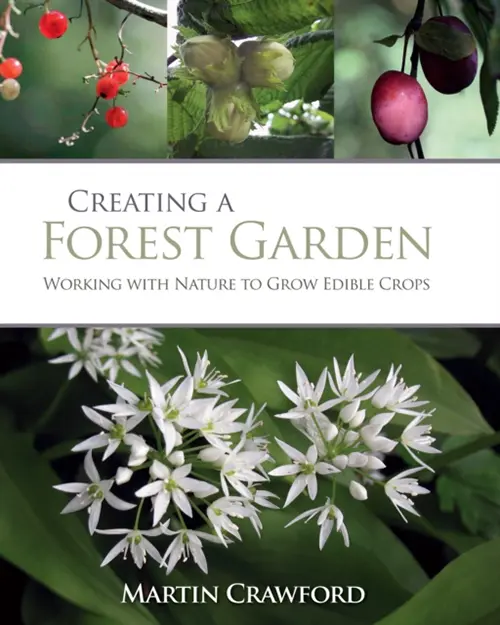
Creating a Forest Garden, Martin Crawford (2010)
Forest gardening, or agroforestry, is a technique for cultivating edible crops with minimal human intervention. It involves carefully selecting complementary plant species that support and enhance each other, forming a self-sustaining ecosystem that requires minimal digging, weeding, or pest control. For further details visit Goodreads.
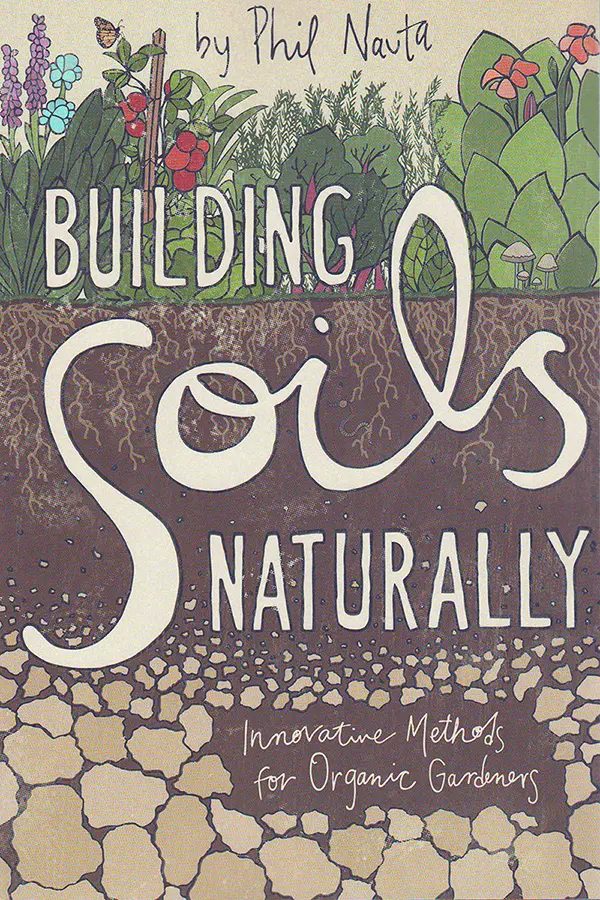
Building Soils Naturally, Phil Nauta (2012)
Building Soils Naturally is an indispensable handbook for organic gardeners who want to learn how to create living soil that produces healthy food and plants, by using proven, sustainable methods rooted in science. For more information about this publication, visit Goodreads.
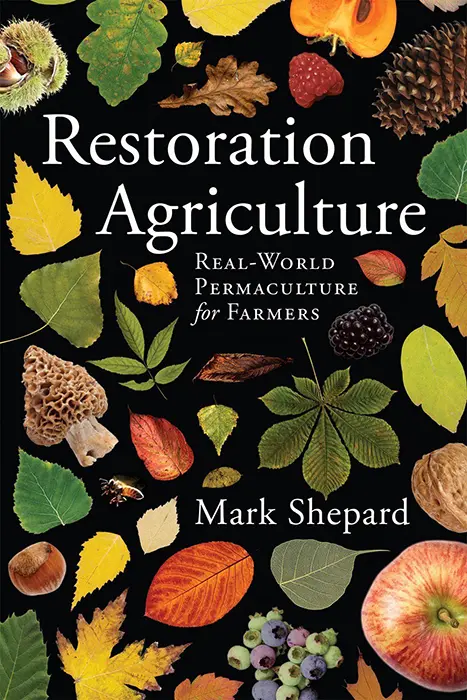
Restoration Agriculture, Mark Shepard (2013)
Restoration Agriculture explains how we can have all of the benefits of natural, perennial ecosystems and create agricultural systems that imitate nature in form and function while still providing for our food, building, fuel and many other needs – in your own backyard, farm or ranch. For more information about this publication, visit Goodreads.
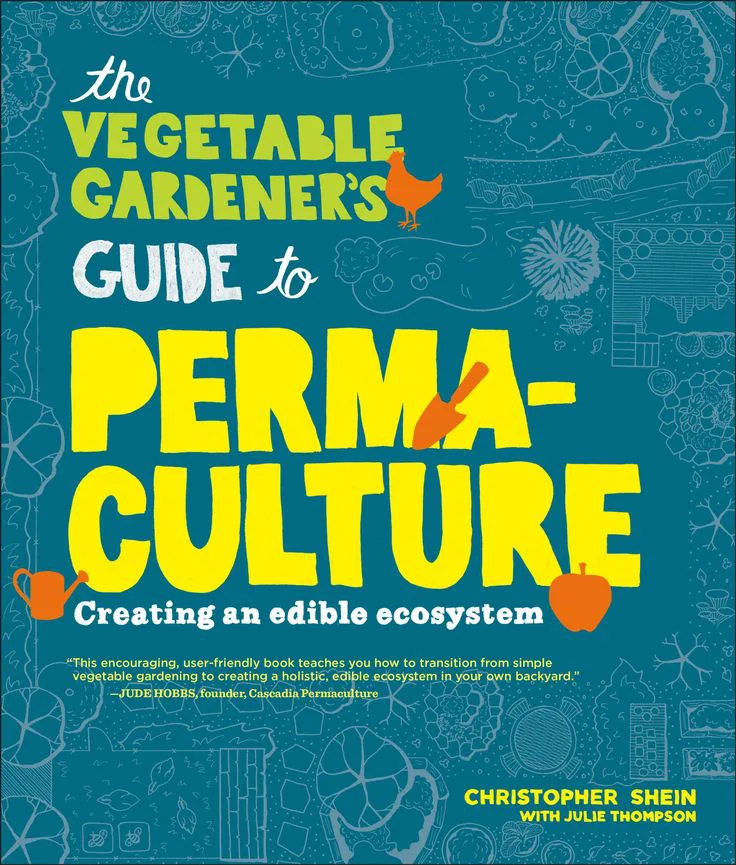
The Vegetable Gardener’s Guide to Permaculture, Christopher Shein (2013)
This practical guide teaches gardeners of every skill – with any size space – how to live in harmony with nature and neighbours to produce and share an abundant food supply with minimal effort. For more information about this publication, visit Goodreads.
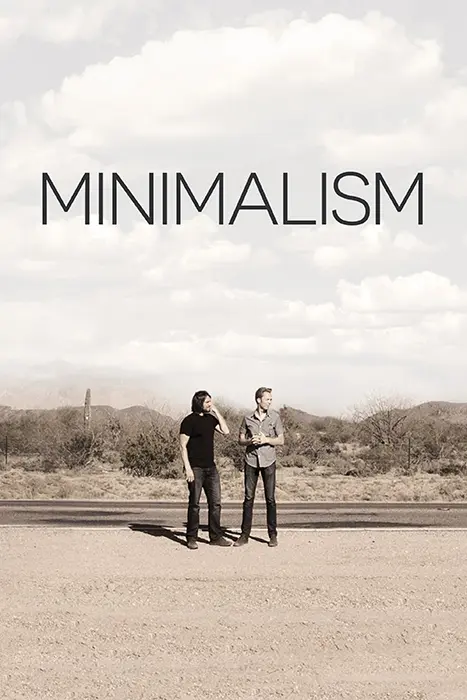
Minimalism: A Documentary About the Important Things, Matt D’Avella (2015)
In this documentary, directed by Matt D’Avella, two friends, Joshua Fields Millburn and Ryan Nicodemus, advocate for a minimalist lifestyle. It emphasizes prioritizing essential elements like health, relationships, passion, growth, and contribution. This Netflix documentary powerfully showcases the transformative potential of minimalism. Watch at the Minimalismfilm website.
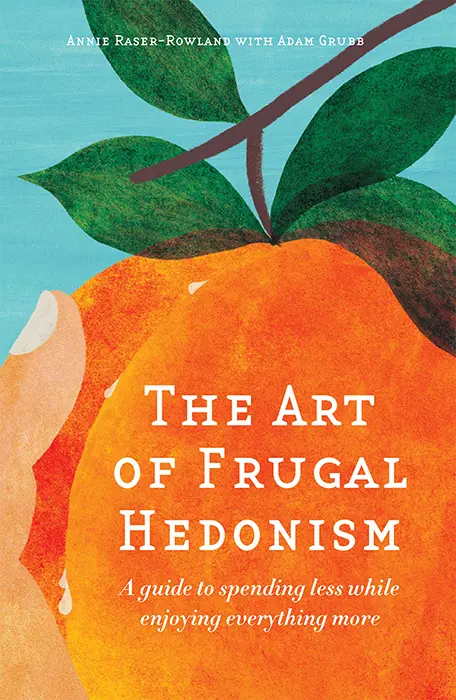
The Art of Frugal Hedonism, Annie Raser-Rowland and Adam Grubb (2016)
“The Art of Frugal Hedonism” offers a surprising approach: save money, enhance life, and make a positive impact. With practical strategies, it combines frugality with enjoyment. Implementing even a few promises extra savings and a deeper appreciation for life’s pleasures. Embrace them all for a newfound sense of happiness. Read more on the Frugal Hedonism website.
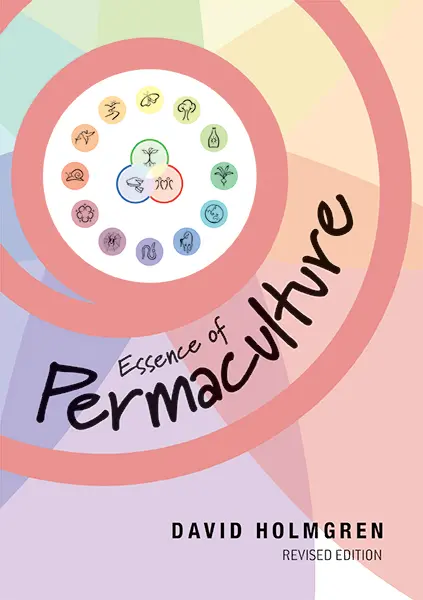
Essence of Permaculture, David Holmgren (2020)
The Essence of Permaculture provides a brief overview of the permaculture concept and principles outlined in “Permaculture Principles and Pathways Beyond Sustainability” (initially published in 2002) by David Holmgren. It introduces permaculture, discusses the future of the movement, and outlines the significance and practical applications of permaculture principles. Click here to download the free PDF-file.
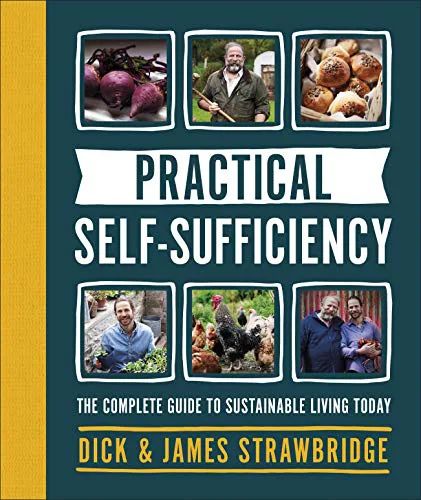
Practical Self-Sufficiency, Dick and James Strawbridge (2020)
If you’re looking for a complete guide to sustainable living, then this is your bible. We have an earlier edition from which we still draw lots of practical inspiration and knowledge today. For more information about this publication, visit Goodreads.
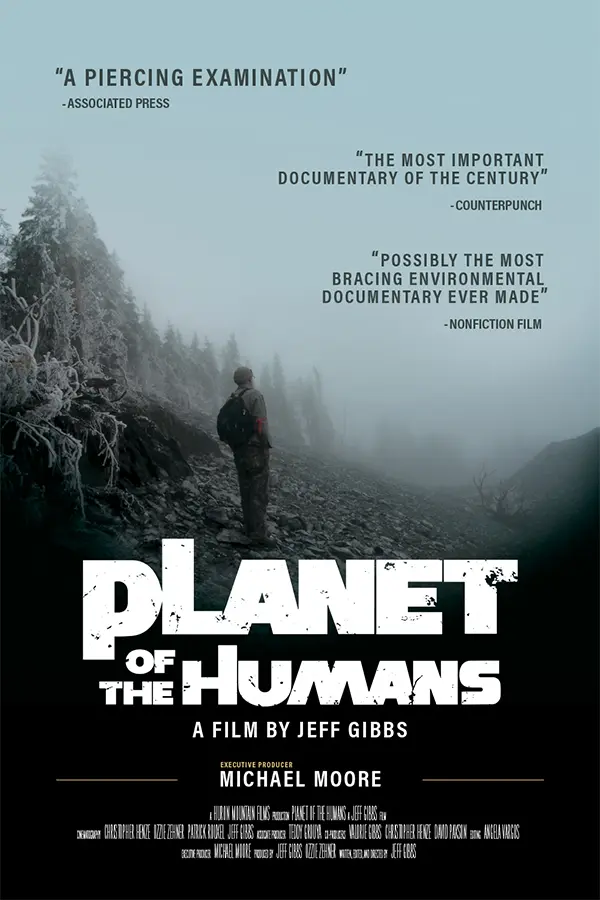
Planet of the Humans, Jeff Gibbs & Michael Moore (2020)
Released on the eve of the 50th anniversary of Earth Day and in the midst of the global Covid-19 pandemic, Planet of the Humans takes a harsh look at how the environmental movement has lost the battle through well-meaning but disastrous choices, including the belief that solar panels and windmills would save us, and by giving in to the corporate interests of Wall Street. Click here to see the full documentary on YouTube.
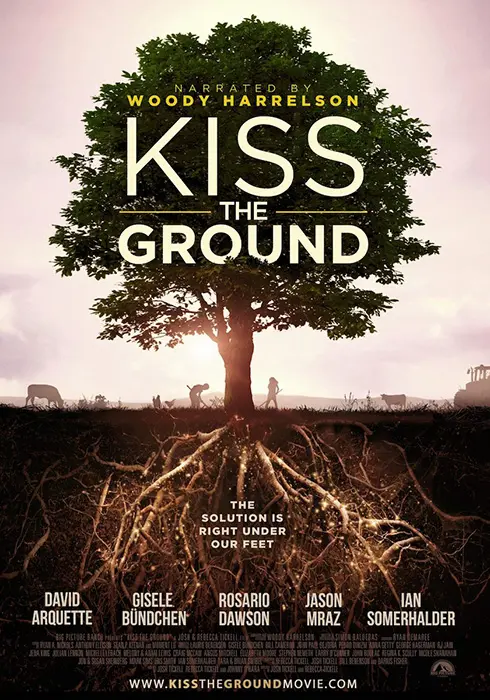
Kiss the Ground, Rebecca and Josh Tickell (2020)
KISS THE GROUND, is a powerful documentary exploring soil regeneration and its place as a compelling and effective solution to our planet’s climate crisis. Despite its Hollywood overtones, the movie managed to raise awareness about regenerative agriculture among the general public. To find out more, visit the Kiss the Ground website.
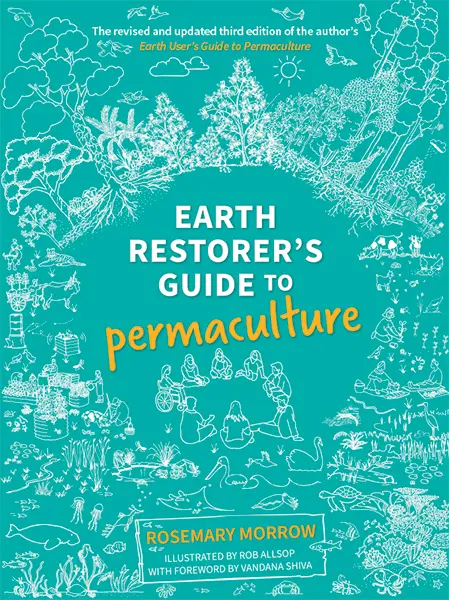
Earth Restorer’s Guide To Permaculture, Rosemary Morrow (2022)
Rosemary Morrow brings a lifetime of global knowledge to Earth Restorer’s Guide to Permaculture. This fully revised and updated edition of her classic text is a call to action. It asks and empowers us to embrace a new restorative relationship with all life. For more information about this publication, visit Goodreads.
